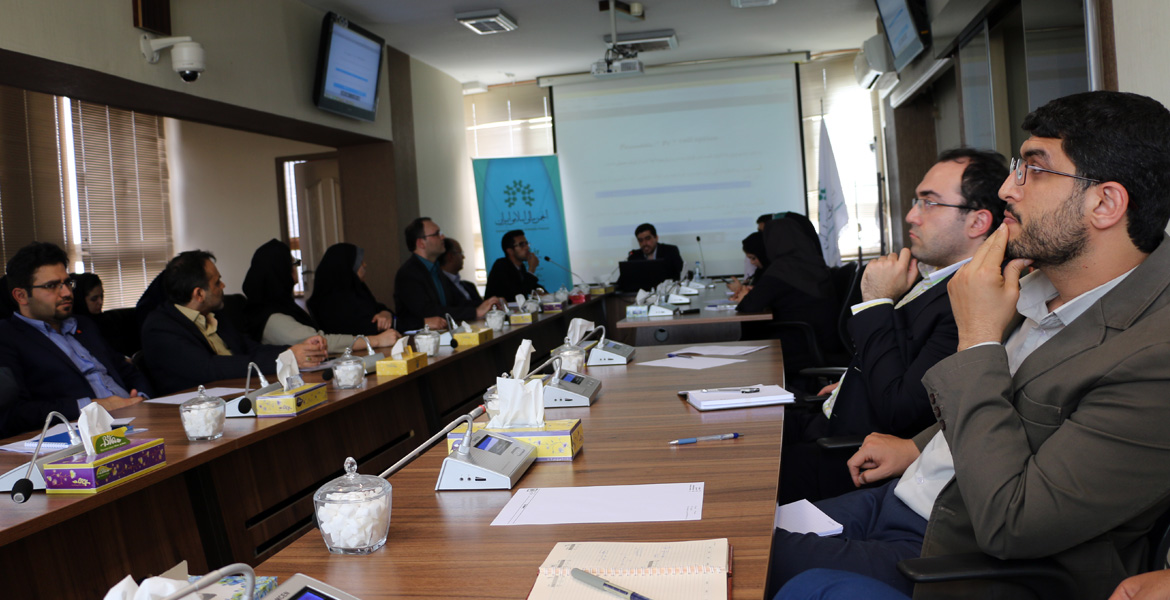
The IAIF held the 13th specialized session on the review of renewable Islamic securities on 30 Apr. 2017.
Seyed Amir Hossein Etesami, an Islamic finance researcher and expert on the Securities and Exchange Organization, said that economic instability and interest rate risk for investors, on the one hand, and the unattractiveness of financing securities with long maturities are the necessities of renewable Islamic securities. Also, the risk of inability to pay the principal of the bonds at maturity should not be underestimated, which imposes the costs of refinancing on the sponsors and the outflow of capital from the issuer’s company and increases the risk of bankruptcy.
Regarding these securities, he stated renewable securities are subject to the subordinate authority of the holder, which delays the maturity of the securities for a certain time and at a predetermined rate, and gives the holders the right to extend return the asset for a longer period of maturity. They can also be considered as a short-term securities plus a nominal purchase option for the purchase of longer-term securities.
The benefits of these securities include taking advantage of interest rate fluctuations and being less sensitive when short-term interest rates rise. In the absence of hedging instruments such as loan sales and futures contracts, these securities can be a good instrument to help governments increase demand for long-term securities.
Also renewable Islamic securities act as a buffer for long-term securities against interest rate fluctuations and are considered as a type of interest rate derivative. These securities have the advantage of reducing liquidity costs for institutional investors and enabling the reform of the portfolio structure.
Etesami mentioned that certain risks of renewable securities in this area include risk of refinancing, moral and price hazards and reduction in financial discipline.
He emphasized firstly, the condition for extending the maturity of the securities is a condition during the contract. Secondly, it is a condition of a legal act. Thirdly, this condition includes modification or conversion of the contract. Fourthly, this modification and conversion has a definite basis (interest rate) and a definite one (mentioned in the contract). Contract modification or contract conversion means changing the contract’s time. Contract conversion means the fall of previous obligations and requires the creation of new contracts.
The expert considered two cases regarding conditional contracts. In the first case time is one of the main conditions of the contract, which is a contract conversion, and in the second one time is not one of the main conditions of the contract, which is a contract modification.


